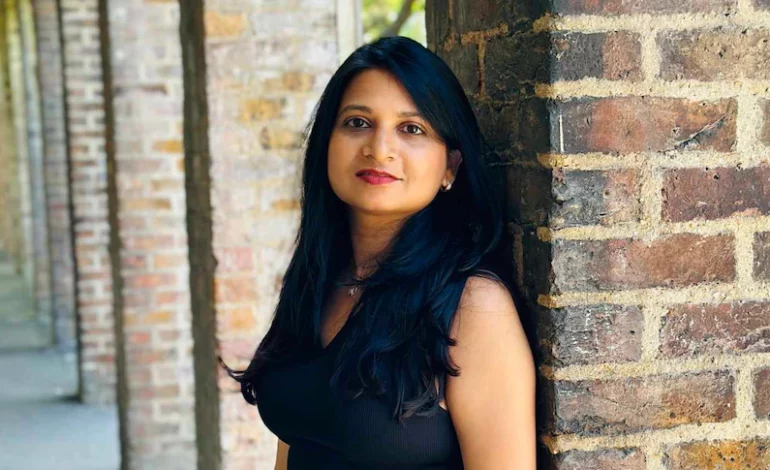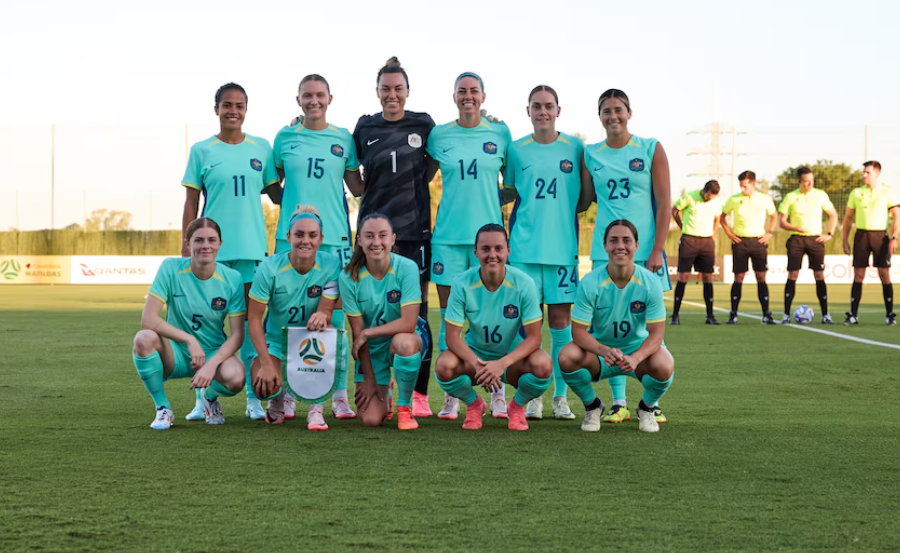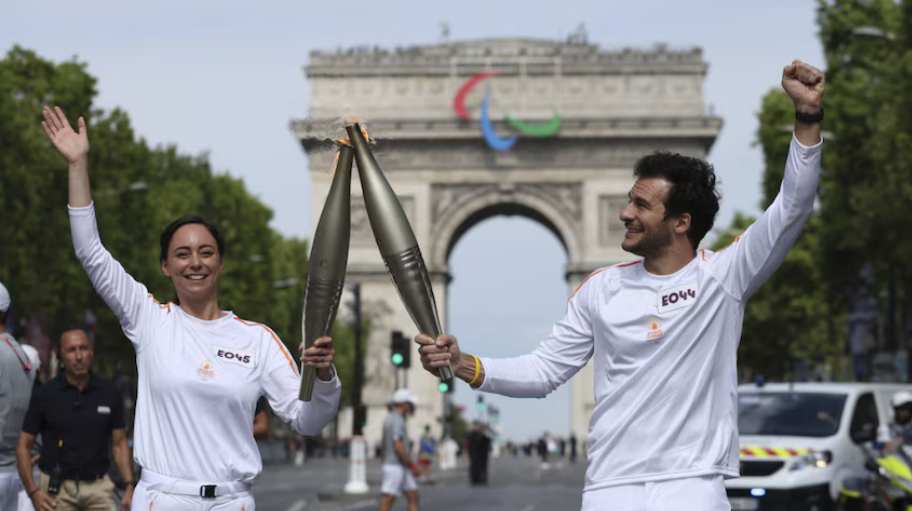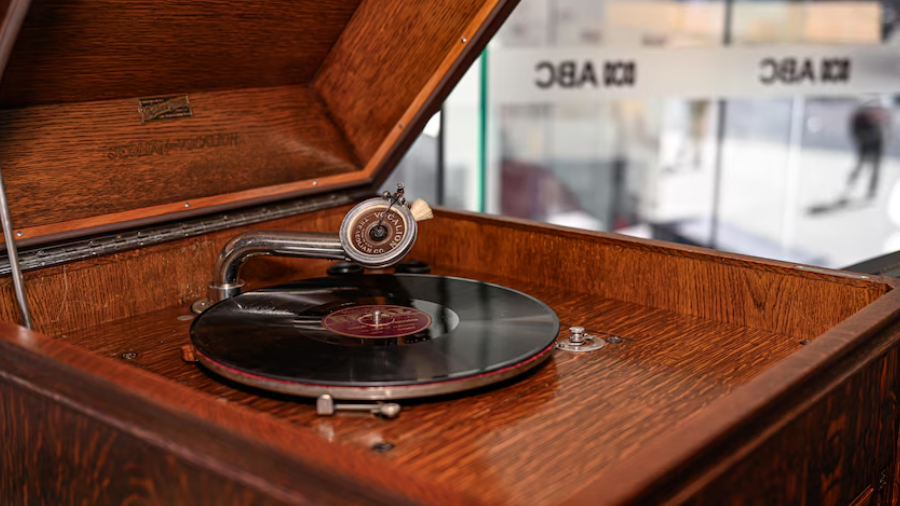Women with endometriosis share their struggles with infertility and family pressures to have children

“These diseases are only for rich people. Doctors want money so they tell patients they have lots of diseases.”
This was the response from Harsha Sanjay Sen’s father-in-law when she tried to explain that she had endometriosis, which made it even more difficult to fall pregnant.
“In Indian culture, many people still don’t understand how some women cannot get pregnant,” Harsha told the ABC.
“[My in-laws] will never understand.”
Harsha, who is living in London, was 30 when she was diagnosed with endometriosis three years ago.
“Before I was diagnosed, I would be in extreme pain … every day, for a whole month,” she said.
“I went to a specialist in Mumbai and she told me I have stage-four endometriosis and that I needed surgery.”
Harsha had the surgery and has a second one scheduled in a few months because she is now “in a more critical situation”.
But even before the diagnosis, Harsha was undergoing in vitro fertilisation (IVF).
“I have been struggling with infertility for seven years. Having endometriosis made it even more challenging.”
Early diagnosis key to reducing fertility issues
In Australia, one in seven women have been diagnosed with endometriosis, according to Australia’s peak body for the disease, Endometriosis Australia.
Meanwhile, it can take seven to 12 years to be diagnosed with the condition due to barriers in accessing specialist care and dismissals from doctors who tell women that period pain is normal.
A University of Queensland (UQ) study found 40 per cent of women with endometriosis require fertility treatment to have children.
Katrina Moss, a researcher at UQ’s School of Public Health, said women who had endometriosis but didn’t know about it when they started their fertility treatments ended up doing more IVF rounds, used treatments that weren’t recommended, and were less likely to have a baby.
“We found that early diagnosis is the key to better outcomes for women,” Dr Moss told the ABC.
“Having a diagnosis before fertility treatment levelled the playing field — outcomes were no different for early-diagnosed women and women without endometriosis.”
Gita Mishra, a professor of life course epidemiology at UQ, says on top of the symptoms of endometriosis, women from some multicultural backgrounds also face stigma and pressure from their family.
“Many Asian cultures still have traditional family roles and values. You are expected to get married and have kids,” she said.
“But if you don’t do this, you don’t fit into the typical ideal of a woman.
“It’s incredibly stressful.”
Professor Mishra said there needed to be more resources for multicultural groups, and the stigma around infertility needed to change.
‘What’s wrong with you?’
Harsha described her in-laws as “very traditional and orthodox”.
“When I’m on my period, they don’t allow me to cook or enter the kitchen,” she said.
Harsha said this made discussions around women’s health incredibly sensitive.
“My in-laws always make comments and remind me that I still don’t have kids,” she said.
“They say, ‘Even your younger sister-in-law has kids. What’s wrong with you?’
“All my family members are pressuring me to have a child.”
Harsha said if her in-laws had their way, they would “choose a different woman to marry their child [her husband]”.
“They are not in favour of me and my health is a big reason for that,” she said.
Fortunately, Harsha’s husband continues to stand up for her.
“He supports me in each and every situation. He just wants me to live my life — nothing is more important to him,” she said.
Lack of options due to ‘cultural and religious beliefs’
In Australia, it took 13 years for Jaycee Baso to receive an endometriosis diagnosis.
“This was because of dismissals by multiple doctors and specialists,” she told the ABC.
It all started in her early teens, when she went to her family GP to discuss her pain.
Hoping to receive a diagnosis, Jaycee’s GP instead, insisted her period pain was normal.
He suggested she take the oral contraceptive pill to alleviate the symptoms.
But this wasn’t a possibility for Jaycee.
“Due to my family’s culture and religious beliefs, I was not able to consider this option,” she said.
Like many women in this position, she went to get a second opinion. This time, from a gynaecologist.
“The gynaecologist, however, dismissed my concerns and recommended I take paracetamol for pain relief.”
Unable to live “a normal life”, Jaycee demanded a referral to a different specialist when she started working during university.
“I unloaded my usual spiel about my symptoms and that I had explained them to so many other health professionals over the years,” she said.
This time, Jaycee’s doctor listened.
Jacyee’s doctor told her she “highly suspected she had endometriosis”.
‘Can’t help but feel like a failure’
Jaycee says 13 years of undiagnosed endometriosis caused “irreversible damage to my fertility”.
“My current fertility at 29 years old has been likened to that of a woman in her 50s,” she says, recalling what one of her doctors told her.
“It is highly unlikely that I will ever fall pregnant naturally.”
On top of this, Jaycee faces a cultural ticking clock.
The Lebanese-Australian woman says she faces “tremendous pressure” in her culture to get married and have children.
“I am still painfully and consciously aware that I am disappointing my family by not having children, and can’t help but feel like a failure.”
“There is still a mild stigma in my culture around discussing topics of this nature, especially endometriosis and infertility.”
Jaycee and her husband had briefly looked into the possibility of IVF process but realised they couldn’t afford it.
One round of the procedure can cost $11,000, according to IVF Australia.
Fortunately, Jaycee says she has an “incredibly supportive husband and wonderful support network”.
‘There is light at the end of the tunnel’
In Haldwani, India, Nishtha Singh found out she had endometriosis when she was 29 years old.
“It was a very daunting experience because I just got married and I wanted to have kids,” Nishtha said.
Nishtha said her endometriosis came with a lot of “ups and downs”.
“There were days when I didn’t want to get out of bed,” she said.
“After finding out that I have endo and there is a chance that it could affect my fertility, my in-laws and my parents wanted me to start trying right away.”
“I was afraid. I felt very skeptical whether I would have a child.”
It took almost two years for Nishtha to conceive.
Now, she has a four-year-old son.
“I want women to know that there is light at the end of the tunnel,” she said.
While it can be frustrating, both experts and women with with endometriosis agree that getting a second or third opinion is vital for an early diagnosis.
“Having a doctor finally tell me what I was going through was not normal was the first time I had ever been properly validated,” Jaycee said.
“I burst into tears at the appointment.”
Meanwhile, Professor Mishra says better education, health messaging and access to resources all play a role in reducing stigma around infertility.
“It starts with having those difficult conversations about what endometriosis actually is and how infertility plays a role in it,” she said.
“Making sure you’re surrounding yourself with a strong support network is also crucial, whether that’s family or friends.”
SOURCE: ABCNEWS





